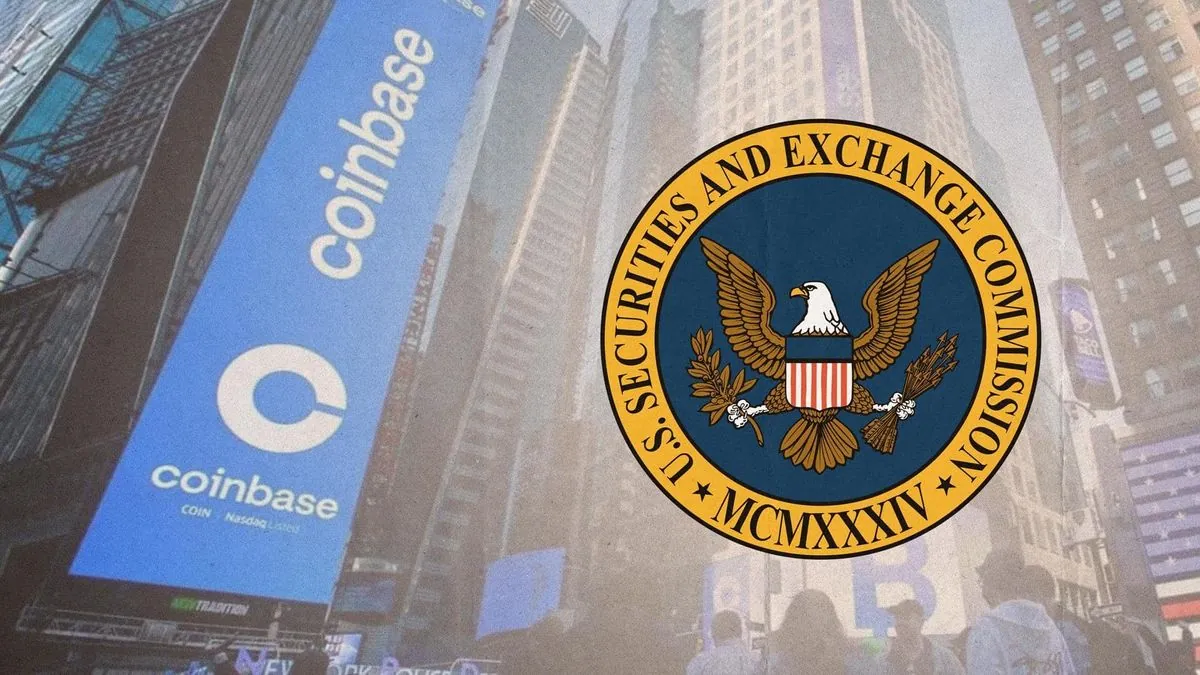Coinbase Challenges SEC in Court Over Crypto Regulation Dispute
Coinbase confronts SEC in federal appeals court, seeking new digital asset rules. The case highlights ongoing tensions between the crypto industry and regulators over regulatory framework.

In a significant development for the cryptocurrency industry, Coinbase Global Inc faced off against the U.S. Securities and Exchange Commission (SEC) in a federal appeals court in Philadelphia on September 23, 2024. This legal confrontation marks the latest chapter in the ongoing struggle between the crypto sector and regulatory authorities over the appropriate framework for digital assets.
Coinbase, the largest cryptocurrency exchange in the United States, initiated this legal battle by suing the SEC in an effort to compel the regulatory body to establish new rules for digital assets. The company's action stems from a petition for rulemaking it filed in 2022, urging the SEC to provide clarity on when a digital asset should be classified as a security and to create a new market structure framework compatible with cryptocurrencies.
The SEC, established in 1934 as a response to the Wall Street Crash of 1929, denied Coinbase's petition in December 2023. The commission argued that it would not propose new rules, fundamentally disagreeing with the notion that current regulations are "unworkable" for the crypto sector.
In response, Coinbase has asked the federal appeals court to overturn this denial, asserting that the SEC's stance has made it impossible for the crypto firm to operate while complying with U.S. regulations. This dispute is part of a broader conflict between the crypto industry and the top U.S. markets regulator, which has consistently maintained that most crypto tokens are securities and fall under its jurisdiction.
The cryptocurrency industry, which traces its roots back to the creation of Bitcoin in 2009 by the pseudonymous Satoshi Nakamoto, largely believes it operates in a regulatory gray area not governed by existing U.S. securities laws. Many in the sector argue that new legislation is necessary to regulate this rapidly evolving field effectively.
It's worth noting that the SEC has taken legal action against several crypto companies, including Coinbase, for listing and trading crypto tokens that it claims should be registered as securities. Coinbase denies these allegations and is contesting them in a separate court case.
The ongoing legal battles highlight the complex nature of regulating cryptocurrencies, a concept first introduced in 1983 by American cryptographer David Chaum. The SEC's approach to crypto regulation has been evolving since it first addressed cryptocurrencies in 2017 with its report on The DAO. In 2018, the agency clarified that Bitcoin and Ethereum are not considered securities, but many other digital assets remain in a regulatory limbo.

The outcome of this case could have far-reaching implications for the future of cryptocurrency regulation in the United States. As the crypto market has grown from its humble beginnings to reaching a peak market capitalization of nearly $3 trillion in November 2021, the need for clear regulatory guidelines has become increasingly apparent.
"We believe that clear regulations are essential for the growth and mainstream adoption of cryptocurrencies. Our goal is to work with regulators to create a framework that fosters innovation while protecting investors."
As the court deliberates on this crucial case, the crypto industry watches closely, hoping for a resolution that will provide the regulatory clarity needed to operate confidently within the U.S. financial system. The decision could potentially shape the future of digital assets and blockchain technology, which has already revolutionized various sectors since its introduction in the Bitcoin whitepaper of 2008.


































